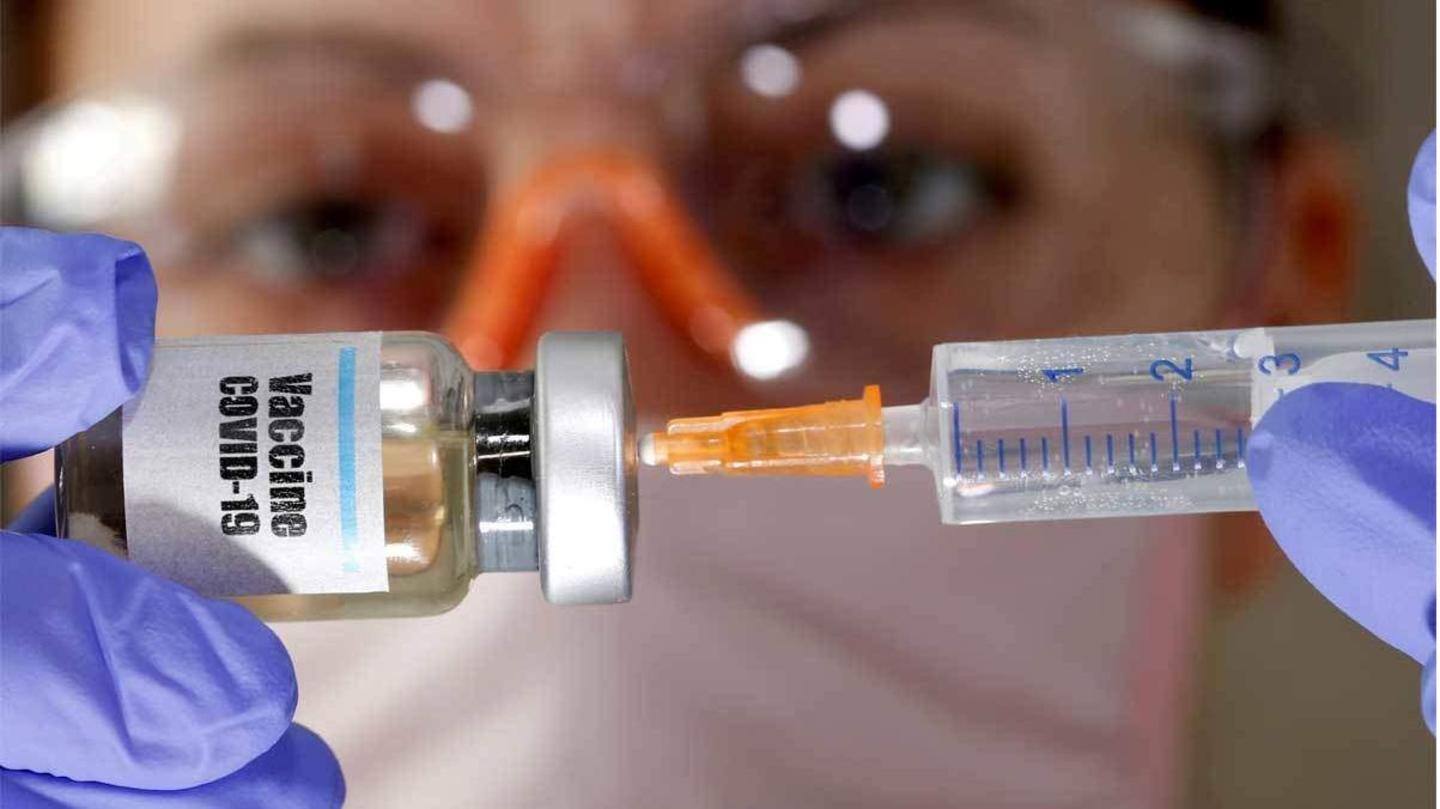
Researchers developing self-amplifying RNA-based COVID-19 vaccines with milder doses required
What's the story
Presently, the COVID-19 vaccination drives around the world pose a logistical nightmare to organizers and the need for multiple jabs per person isn't helping matters.
However, researchers are hard at work developing an mRNA (messenger RNA) derivative vaccine that uses self-amplifying RNA (saRNA) thereby offering high levels of protection against COVID-19 with lower doses required per person.
Here are more details.
Advantage
RNA-based vaccines don't administer inactivated virus
RNA stands for ribonucleic acid. It is similar to DNA but single-stranded and different in subtle ways.
The COVID-19 vaccines being administered today manufactured by American firms Moderna and Pfizer—created with messenger RNA (mRNA) technology—use genetic material to trigger an immune response instead of injecting the inactivated virus.
A significant advantage of using mRNA vaccines is they don't need the virus to be injected.
Still waiting
saRNA vaccines would be easier to manufacture, distribute scalably
The new self-replicating RNA-based doses contain RNA molecules that replicate inside the recipient's body, thereby necessitating fewer or smaller doses while increasing scalability for manufacturing and distribution.
Imperial College, London is currently developing the technology alongside an American company called Arcturus Therapeutics, which is likely to commence Phase-2 trials shortly.
Unfortunately, we'll have to wait as no vaccine using this technology is market-ready yet.
Information
Here's how the mRNA-based saRNA vaccine works
The mRNA molecules carry "instructions" to create a harmless variation of the spike glycoprotein present on COVID-19 as an antigen. The molecule then disintegrates and the immune system identifies the antigen as a foreign molecule, initiating a response that's replicated when infectious COVID-19 is detected.
FDA approved test
Arcturus Therapeutics has been cleared for Phase-2 human trials
Arcturus Therapeutics has been approved by the US FDA (Food and Drug Administration) to test the Investigational New Drug (IND) based on data reviewed from the Phase-1/2 study that exhibited favorable tolerability in recipients.
The second phase of inoculation testing will entail administering the saRNA to 450 older and younger adults while 150 participants will receive a placebo.
Minor side-effects
Imperial College just concluded Phase-1 testing with 192 human subjects
While Singaporean authorities have also given Arcturus the go-ahead for Phase-2 testing, the Imperial College has just concluded Phase-1 trials on 192 human participants aged between 18 and 45 who received two doses either four or 14 weeks apart.
The trial participants received a mix of six different dosages, with muscle pain being the most common side effect.
Submitted for review
Imperial College aims to improve saRNA vaccine's immune response
The Imperial College's test results showed that 87% of the participants produced antibodies and successfully established immunogenicity, while their immune response was mixed. The data has been submitted to the Lancet journal for peer review.
Researchers claim that one liter of reaction material can produce up to a million doses. Ongoing efforts aim to improve the vaccine's immune response.
Quote
Imperial College's COVID-19 vaccine project leader Professor Robin Shattock's thoughts
Interestingly, Professor Shattock said, "A low dose vaccine opens up the possibility of combining the COVID-19 vaccine with other vaccines. We may now need annual vaccines against COVID-19, and a lower dose makes combination with other vaccines, such as the flu vaccine, more feasible."